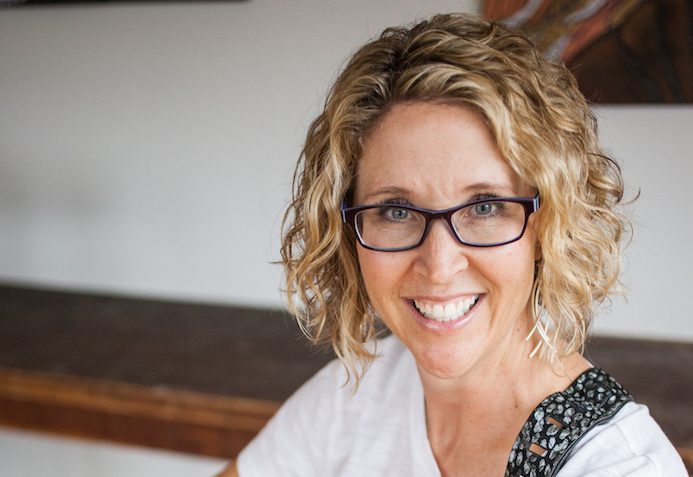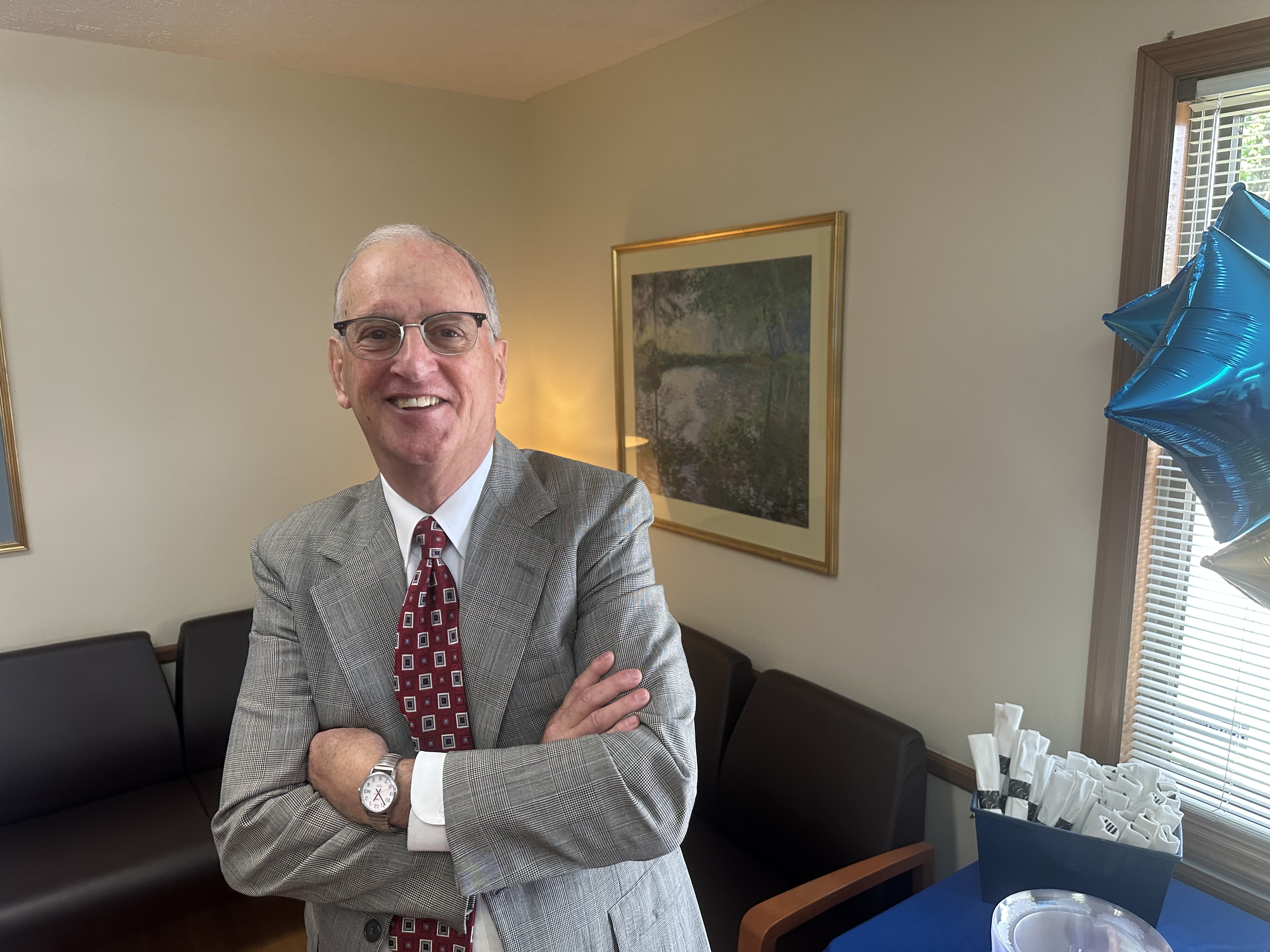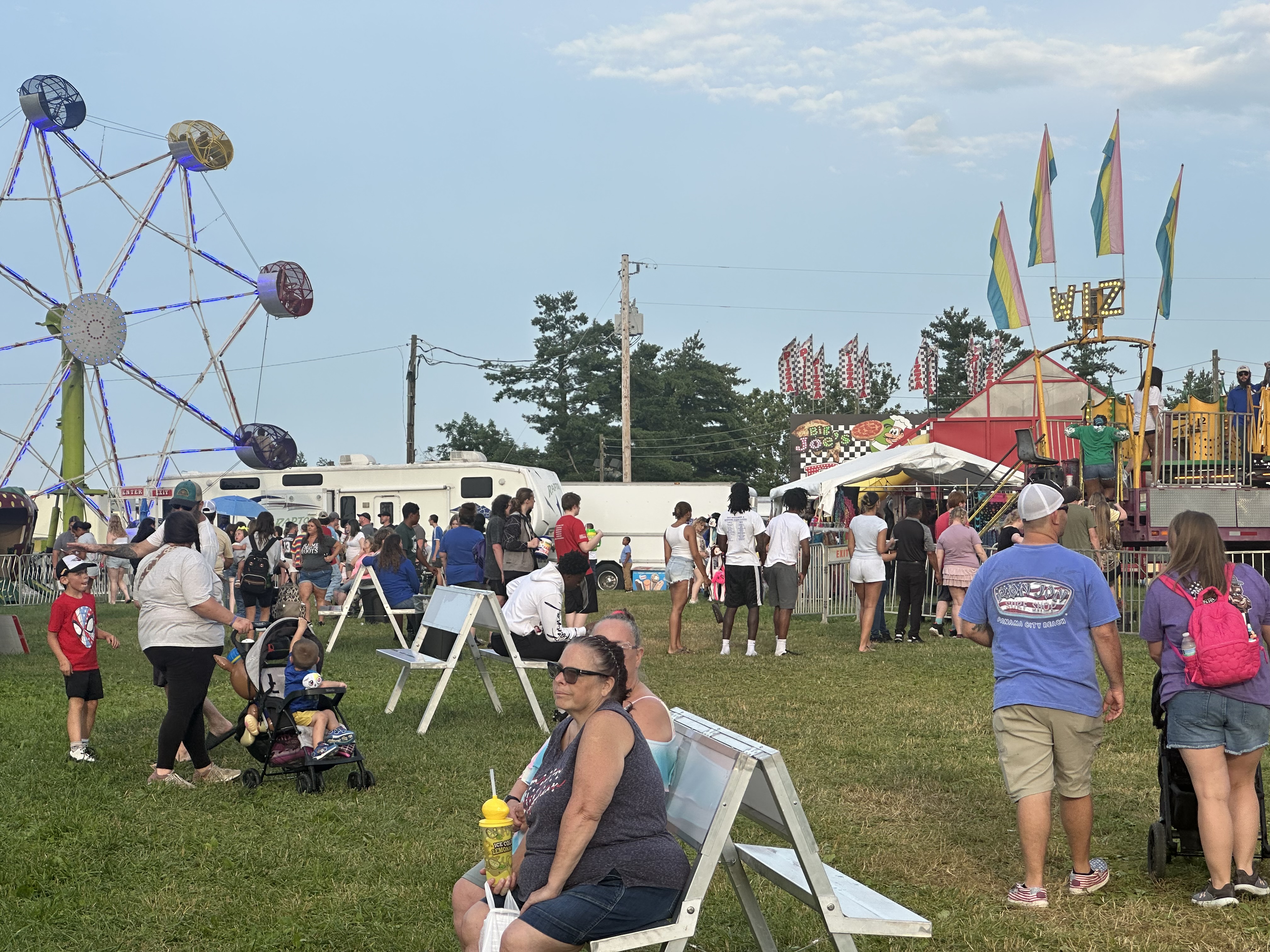SMITH: Finding hygge is an essential survival skill right now
Published 4:28 pm Saturday, December 12, 2020

- Erin Smith is the owner of the OM place in Winchester, the author of “Sensible Wellness” and the online host of the OM channel. Follow her on Twitter @erinsmithauthor.
|
Getting your Trinity Audio player ready...
|
All you really need to get through difficult times is shelter and sustenance, kith and kin.
— Anna Altman
I have long been obsessed with Scandinavia, a term used to collectively describe the three kingdoms of Denmark, Norway and Sweden.
During certain times of the year, this part of the world enjoys a scant three hours of sunlight per day. Yet, despite really long, cold, dark winters, these people are the happiest on Earth.
Since 2013, these Nordic countries consistently turn up on top of the World Happiness Report, an annual survey that ranks countries by how happy their citizens perceive themselves to be. The U.S. is generally ranked around 20.
Why are Nordic people so satisfied with life and how can we get some of that?
Many potential explanatory factors for this contentment are mutually reinforcing. Their citizens enjoy a mostly crime-free welfare-state model with extensive social benefits like free education and health care, paid family leave, five weeks paid vacation leave and cushy social security nets.
It’s a culture that is fairly prosperous, despite working fewer hours than we do (on average, Scandanavians work around 37 hours a week while Americans clock in at least 44).
Nordic countries celebrate a work-life balance that tips the scales definitively toward life.
Consider the idea of hygge (pronounced hue-guh), a cultural philosophy of actively looking for coziness, comfort and relaxation in the smallest of moments as an antidote to seasonal affective disorder. Coziness is a necessary survival skill when winter lasts for more than half a year.
Or possibly a pandemic quarantine. Here at home, we’re collectively falling to pieces right now because we’ve been sent back to our respective corners to think about our choices. To survive this winter, we’re going to need to lean into hygge.
So what is hygge? The term derives from a 16th century Norwegian term and is related to the English word “hug.”
Hygge is low lighting, fuzzy blankets and outdoor heaters. Hot chocolate and hearty stews. Socks and sweatpants (the word hyggebukser refers to that pair of pants you’d never be caught dead wearing in public, but practically live in at home). A fireplace or lots of candles. Puzzling, knitting and card games.
It’s bathtubs, not showers. Books, not Netflix. Crockpots rather than microwaves. Connecting with others in real life, not through a screen. Being outside in nature, wearing lots of layers, because coming back in and stripping down is a perfect hygge moment.
You needn’t spend $1,000 dollars to turn your living room into a perfectly curated Ikea showroom. Hygge is achieved through intention and attitude. Hygge requires presence and gratitude, or what I consider to be flip sides of the contentment coin.
Sound a little fanciful? Did you just set down the newspaper and scan the room in which you currently find yourself? Wondering where the hell hygge lives in those dirty cereal bowls on the counter? In the pile of laundry on the floor and tangle of computer cords on what used to be your dining room table but is now a classroom? Wondering where the peace exists in a home where both parents are working remotely, kids are in virtual school, the baby skipped his nap and no one remembered to feed the dog?
When we’re at our most overwhelmed or anxious, the idea of carving out even a moment to ourselves can seem unrealistic.
But this is when it matters most.
It really isn’t about having an Instagram-ready latte. It’s about enjoying that first, perfect sip of your morning coffee instead of mindlessly chugging it simply to get the caffeine into your system.
Hygge asks us to slow down and be more grateful so that the mundane feels more magical.
If you’re rolling your eyes and mentally arguing that it’s easier to enjoy your coffee when you have universal health care and paid vacation leave, I totally take your point. I recently lost my job (again) due to state-mandated COVID-19 restrictions, and some paid time off sounds pretty good right about now. But I’m not here to argue for the “cuddly capitalism” of the Scandinavian countries. I’m simply suggesting that finding more joy, gratitude and contentment in our current circumstances just might be an essential survival skill for this challenging time.
Erin Smith is the owner of the OM place in Winchester, the author of “Sensible Wellness” and the online host of the OM channel.





